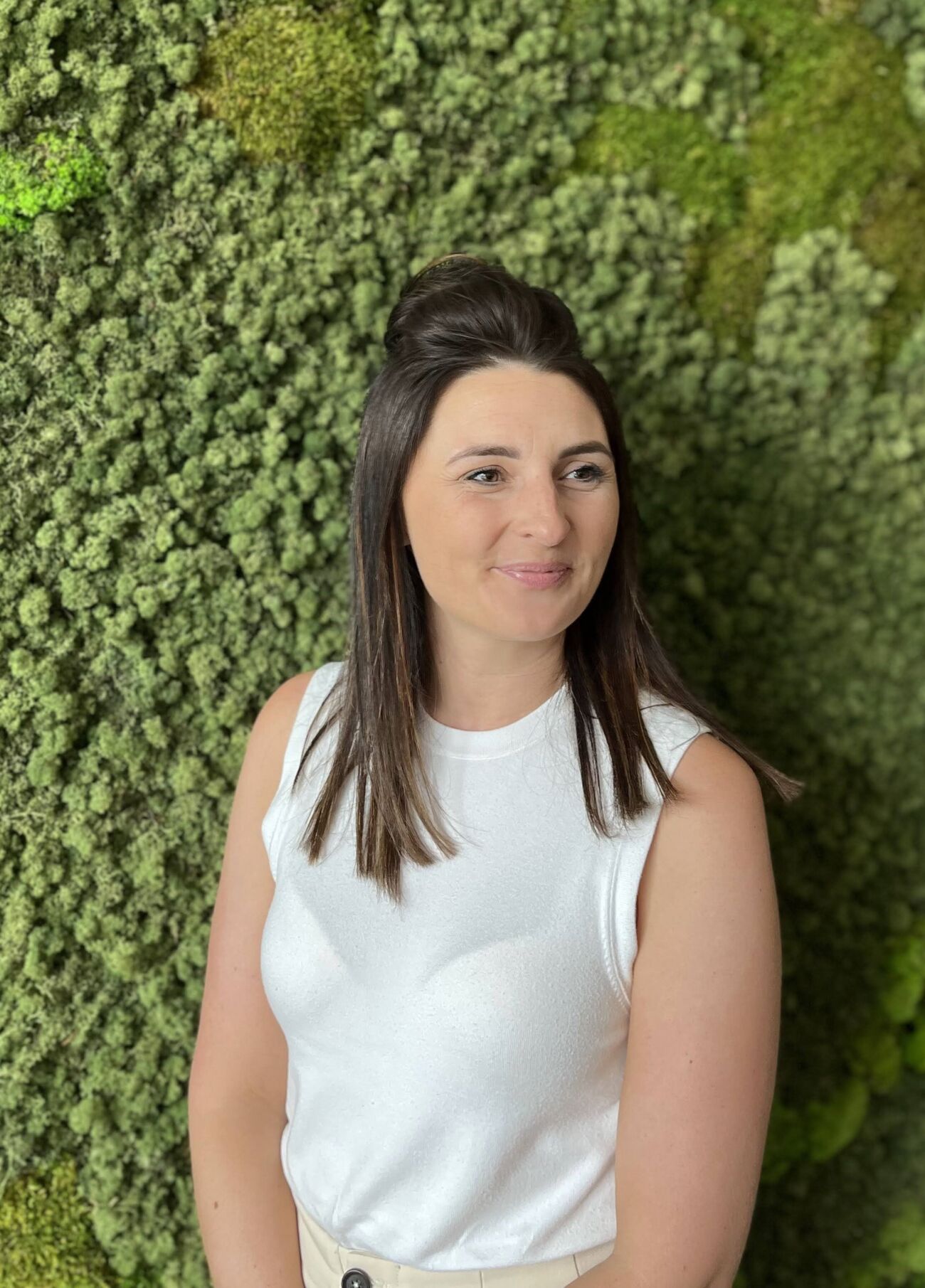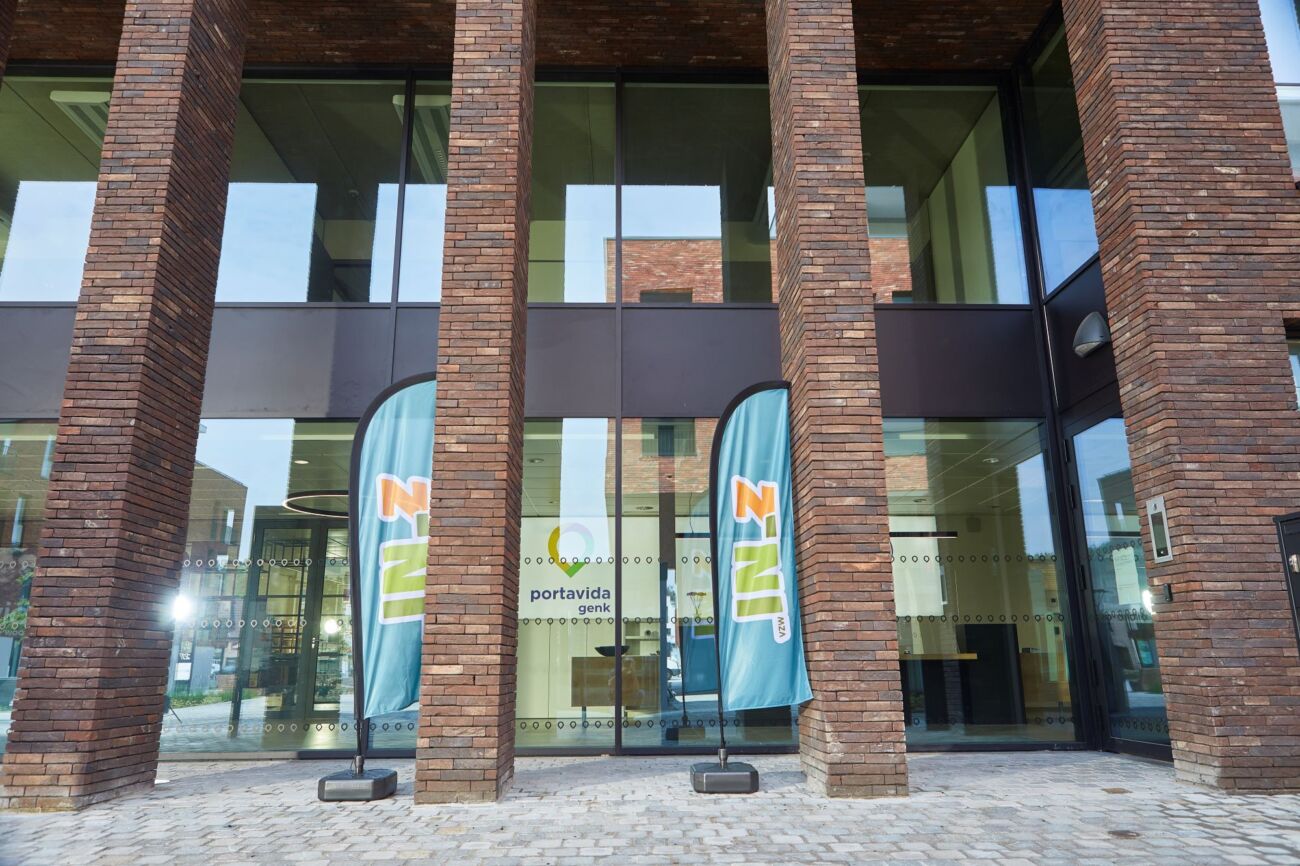The project
Social organisation IN-Z offers assistance at home, with services from cleaning to cooking. The non-profit organisation also supports boards and companies by providing training or employing people who struggle to find access to the employment market. Sadly, a high level of absenteeism stands in the way of this superb social objective.
IN-Z turned to our absenteeism experts to tackle the problem in a structured manner and thus establish a positive and sustainable approach to absenteeism.
In the starring role
- Heidi Sykora, HR expert at IN-Z
- Elke Swerten, team leader at IN-Z
- Nathalie Vanaenrode, absenteeism expert at Certimed
Structured approach
Heidi: “Over the past years, we already had all kinds of initiatives to tackle our problem of absenteeism, yet due to different factors the impact of our efforts was limited.
The difficult implementation and lack of follow-up on activities were just two such reasons. It was therefore time for a structured and sustainable solution. We contacted the absenteeism experts of our external prevention service, Mensura, for help.”
Nathalie: “Our analysis of the figures revealed that IN-Z was suffering an extremely high rate of absenteeism. So we started from scratch with our five-step plan towards a positive and sustainable absenteeism policy. Following analysis of the absenteeism figures and discussions with employees in different roles, we presented the action plan to Heidi and her colleagues.
IN-Z took care of the subsequent, inspiration phase themselves and one that is not to be underestimated: informing employees of the new approach. As from the third step – shaping the absenteeism policy – we came back to support them. This meant we organised a ‘commitment session’ to get the management on board and to allocate the roles. Then, in a work group, we examined existing procedures and discussed the expectations for the new policy.”

“
During the process a more fundamental issue was revealed: there was little talk about absenteeism in our organisation.
- Heidi Sykora, HR expert at IN-ZTraining in conversation techniques
Heidi: “The analysis of absenteeism data was a strong wake-up call. This was also necessary to create internal awareness. The deeper we delved into the matter, the clearer it became that our absenteeism rates were an indication of a more deeply rooted problem. We talk too little, our managers work too often in isolation. This makes it tricky to bring up a topic such as absenteeism. Consequently, the training in conversation techniques for our team leaders was a crucial step in the absenteeism journey.”
Nathalie: “Within the training on conversation techniques
the focus lies on a warm and matter-of-fact dialogue. There is no doubt that the team leaders at IN-Z do excellent work, however, they did not know how to approach a discussion about absenteeism. And that is the problem seen in many organisations: absenteeism can only be reduced when you can actually talk about it.”

“
Absenteeism can only be reduced when you can talk about it.
- Nathalie Vanaenrode, absenteeism expert at CertimedElke: “As a team leader, I monitor our supervisors in the district of Flemish Brabant. These supervisors, in turn, follow up on their employees. I keep an eye on the absenteeism figures of both the supervisors and the employees, but also have individual conversations with our supervisors about their well-being and career.
And the supervisors do the same with their employees. In those discussions, team leaders and supervisors were always rather cautious, in my opinion. We did not dare to wear the 'employer's hat’ and did not confront our employees with, for example, excessive absenteeism.
The training in conversation techniques helped us to bring with up with our employees. Sometimes you must confront people, for example, with their rate of absence.
That certainly does not mean that we are now only having 'hard' absenteeism conversations. We learned above all to turn these into 'investment talks'. We now also keep in touch with our long-term absentees. By communicating openly, you show colleagues that you care. And that’s how you keep them on board.”

“
By communicating openly, you show colleagues that you care. And that’s how you keep them on board.
- Elke Swerten, team leader at IN-ZFrom absenteeism policy to well-being policy
Heidi: “We are now implementing our new absenteeism policy. Although during the process it also became clear that such a policy is not set in stone. It requires continuous adjustment. For example, due to the corona crisis, we also had to include rules for working from home.
But the main conclusion of our exercise was that we needed a change in our company culture. The training in conversation techniques is a lever to succeed in such a culture transition. Talking about the problem will not only reduce our absenteeism, but IN-Z will also become a nicer place to work.”
Elke: “It is still too early in our new approach to see evidence in our data, yet I do have the feeling that there is growing trust between our employees. For me, the training in conversation techniques and the entire absenteeism trajectory are only the first steps towards a widely supported well-being policy and an open corporate culture. We still have a long way to go, but there is no doubt that we are on the right path.”
Keen to join IN-Z in reducing absenteeism and increasing well-being?
Discover how we can help you with your absenteeism and well-being policy.



